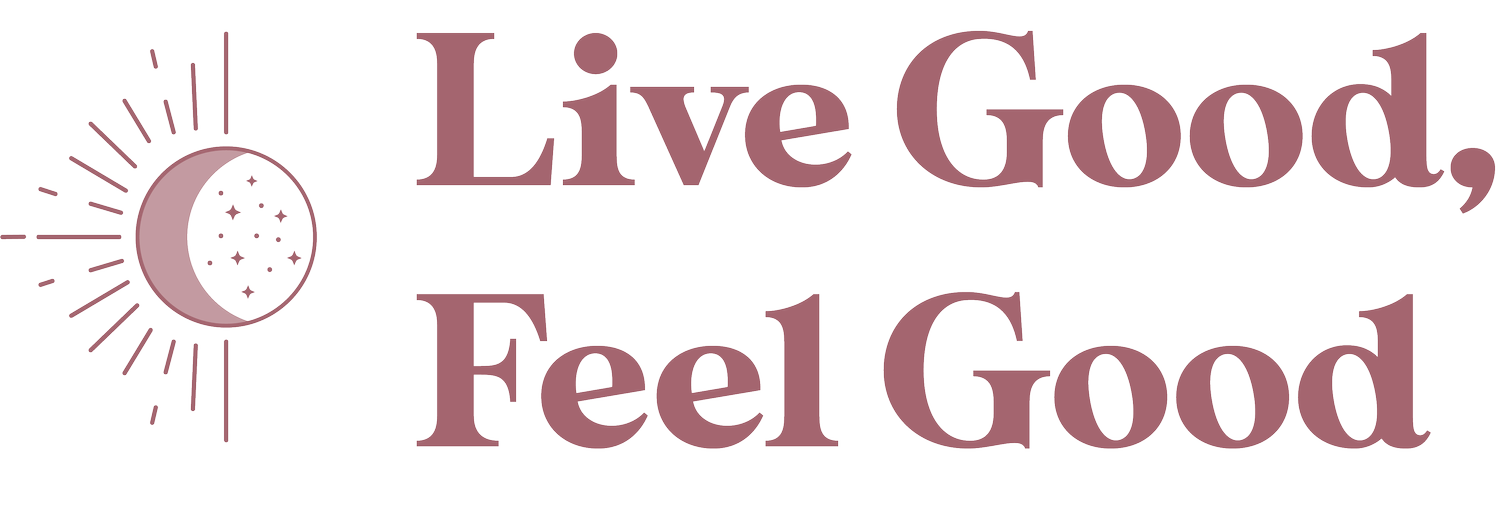What is Meditation?
and WHY is it so important?
originally written on Feb 6 2020
Meditation is definitely a buzz word these days. Either you’ve meditate daily, you’ve dabbled in meditation or your friend meditates. (Or maybe that is just the world I am in.) Whether you have tried it or not, meditation has been given more and more air time in recent years and with good reason.
So what is meditation? There are a ton of different types of meditation and, therefore, a few definitions of what it is.
Merriam Webster dictionary defines meditate as:
1: to engage in contemplation or reflection
2: to engage in mental exercise (such as concentration on one's breathing or repetition of a mantra) for the purpose of reaching a heightened level of awareness
3: to focus one's thoughts on : reflect on or ponder over
4: to plan or project in the mind
To me, meditation is the act of sitting (or laying) in stillness in order to create more body awareness and quiet the mind. Another definition of meditation is: it is a simple and effective approach to training and quieting the mind for a period of time to build awareness, attention, and relaxation. The important piece to all these definitions is it is a time of quiet to focus on the mind. Another important piece to me is, it takes time to train.
I personally don’t believe that your mind has to be blank in order to meditate and I don’t think there is a right or wrong way to meditate.
I DO believe that there is a right way to meditate for YOU. I know from experience that it can be hard to learn to meditate and even harder to stick with it. Next week, I will share my meditation journey and a bunch of different meditations I have tried. For now, let’s dive into why.
It’s hard to start a new habit if you don’t know why you are starting. When I started meditating, it was hard for me to see and feel the benefits in my person. I expected to feel the benefits overnight when in reality it might take a couple of days or weeks of consistent effort to really get the most out of it. But that’s most things in life, right?
Since I knew what the benefits were AND I knew consistency was key, I stuck with it. Once I started meditating consistently --I’ll say after about a week of consistent effort --I did not want to stop. Now, when I skip a day I don’t feel the difference but if I skip more than one day my body and mind are like “hey! What’s your problem? That stuff feels good. Stop being lazy.”
Emotional/Mental Benefits of Meditation:
Helps you build skills to manage stressful situations
Improves self-awareness
Increases ability to focus on the present
Reduces negative emotions
Increases imagination and creativity
Increases patience and tolerance
Improved mindfulness skills
Improve interpersonal skills
Decreased stress reactivity
Reduction in PTSD symptoms
Improvements in attention
Enhance emotional control: decreased rumination, cognitive reactivity, experiential avoidance, & increased compassion
Physical Benefits of Meditation:
It can help manage the symptoms of common ailments such as:
Anxiety
Asthma
Cancer
Chronic pain
Depression
Heart disease
High blood pressure
Sleep problems
Tension headaches
Improved well being
Acceptance and awareness of medical & psychiatric conditions
Decreased perception of pain (most studies are on Low back pain and chronic pain)
What makes meditation easy?
It can be done anywhere
It is inexpensive
It doesn’t require equipment
You can practice wherever you are for however long you want: 10 minutes or an hour, the benefits are there
So, now you know some of the why behind meditation. For me, the why is personal. It helps me manage my anxiety and PTSD without medication. Meditation helps me focus on my tasks for the day and manage a variety of ideas, to do lists and chores. I have had some of my best ideas and creative downloads during or after meditation. It calms me and truly turns me into a better person. I am able to handle daily stressors better and manage larger stressors with more ease. It‘s short, it keeps me sane. Out of honesty, I know I could benefit from more.
Next week ,we will dive into some of my favorite ways to meditate. For now, I want to give you some resources to learn more about meditation.
Books:
Stress Less, Accomplish More By Emily Fletcher : This book was a game changer for me last May. It put all the missing pieces together AND made sense.
Meditate Your Weight By Tiffany Cruikshank: This might have been the first book I read on meditation. It was simple and took you through a guided meditation each day.
The Healing Self: A Revolutionary new plan to supercharge your immunity and stay well for life: By Deepak Chopra: This book is not specifically about meditation but it is about the mind body connection and how
**These links contain Bookshop.org and amazon affiliate links. If you purchase through them, a small piece of profit goes to Live Good, Feel Good**
